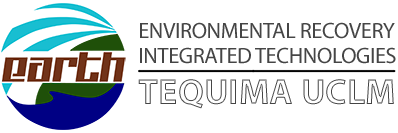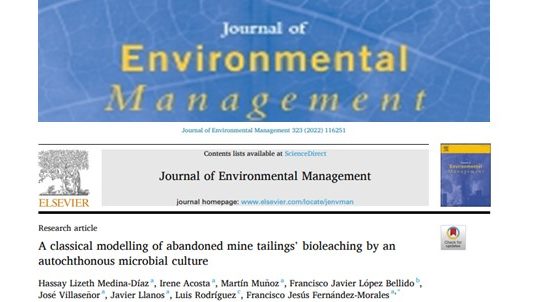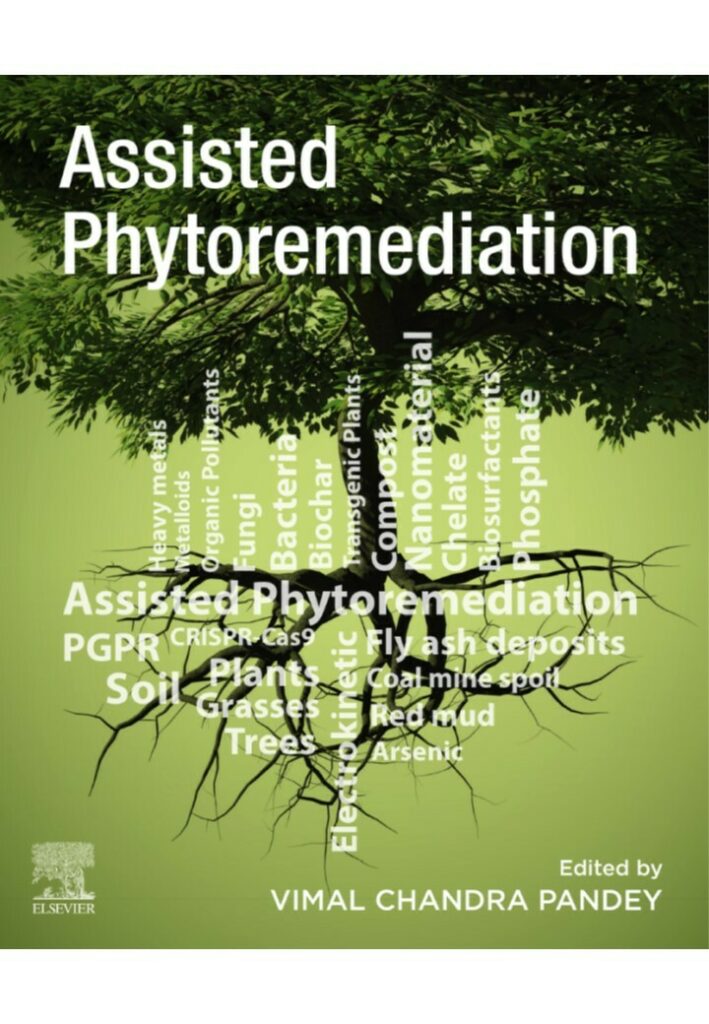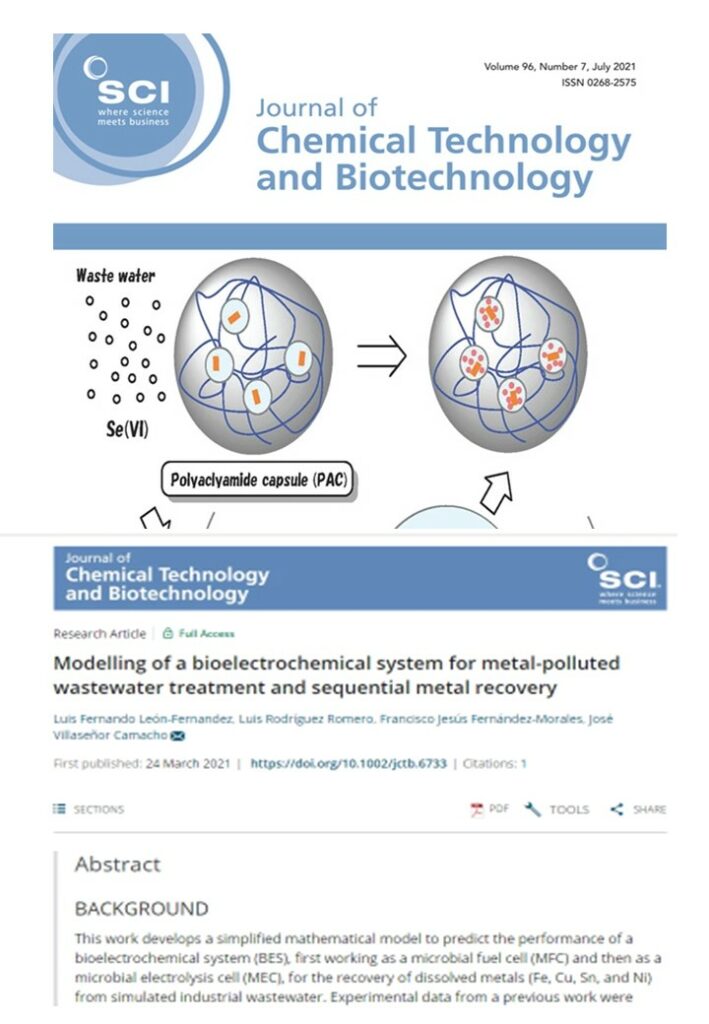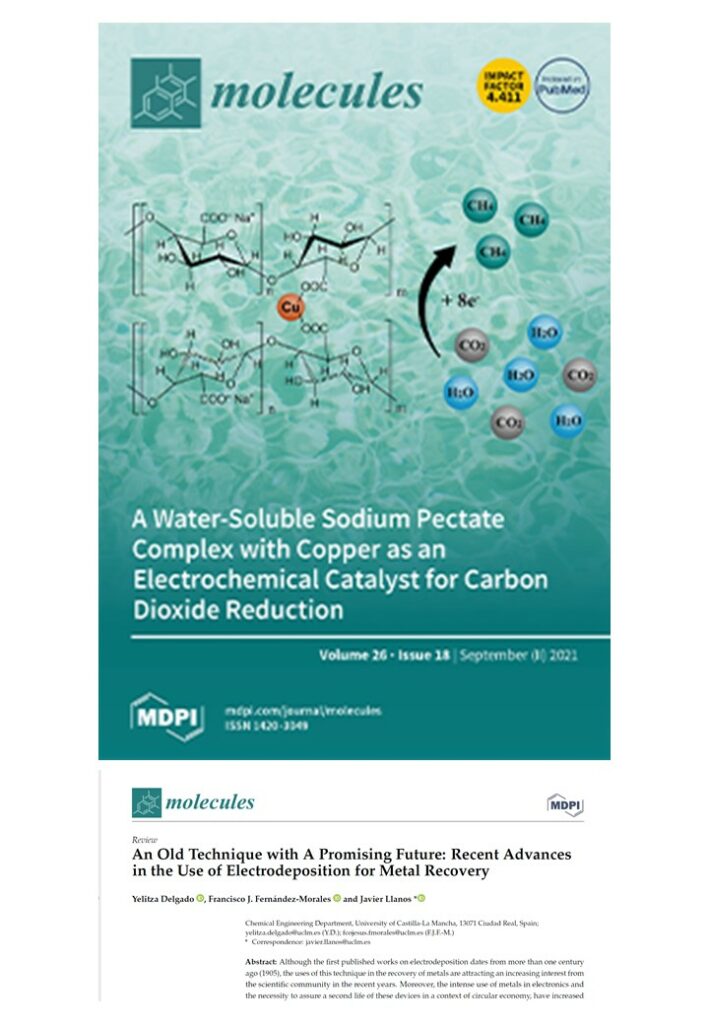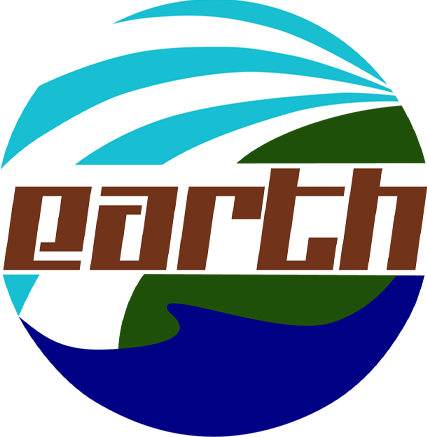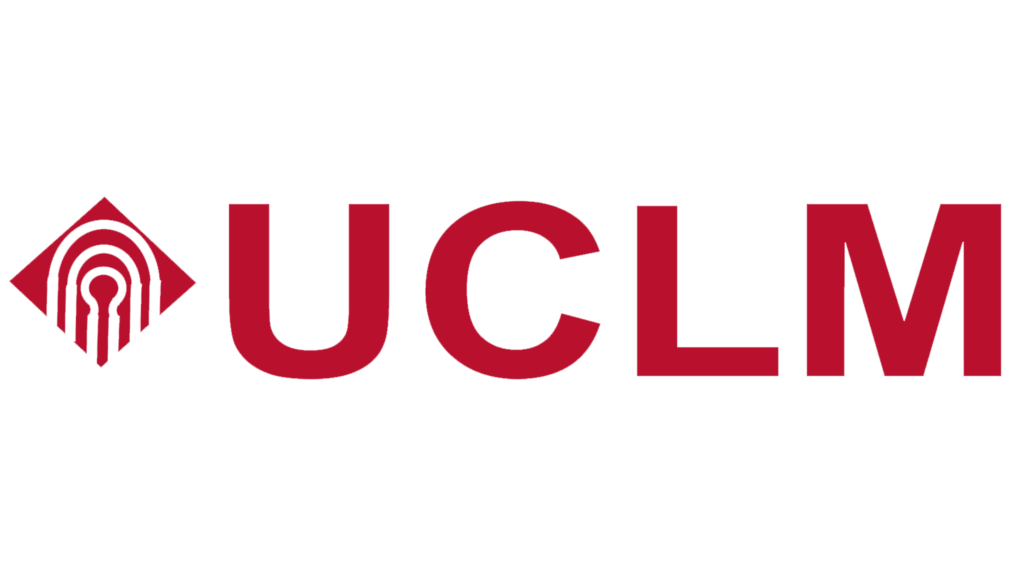ENVIRONMENTAL RECOVERY INTEGRATED TECHNOLOGIES LAB
Over 10 years making science and innovation for the development and transfer of sustainable environmental technologies
The EARTH Team
The Environmental IntegrAted Recovery TecHnologies Lab (EARTH) is included in a wider research team of the University of Castilla-La Mancha named as Chemical and Environmental Technologies (TEQUIMA).
The members of this multidisciplinary group belong to different UCLM centers and have extensive experience in research and innovation in the field of environmental engineering, water, soil and waste treatment using chemical, biological and electrochemical technologies.
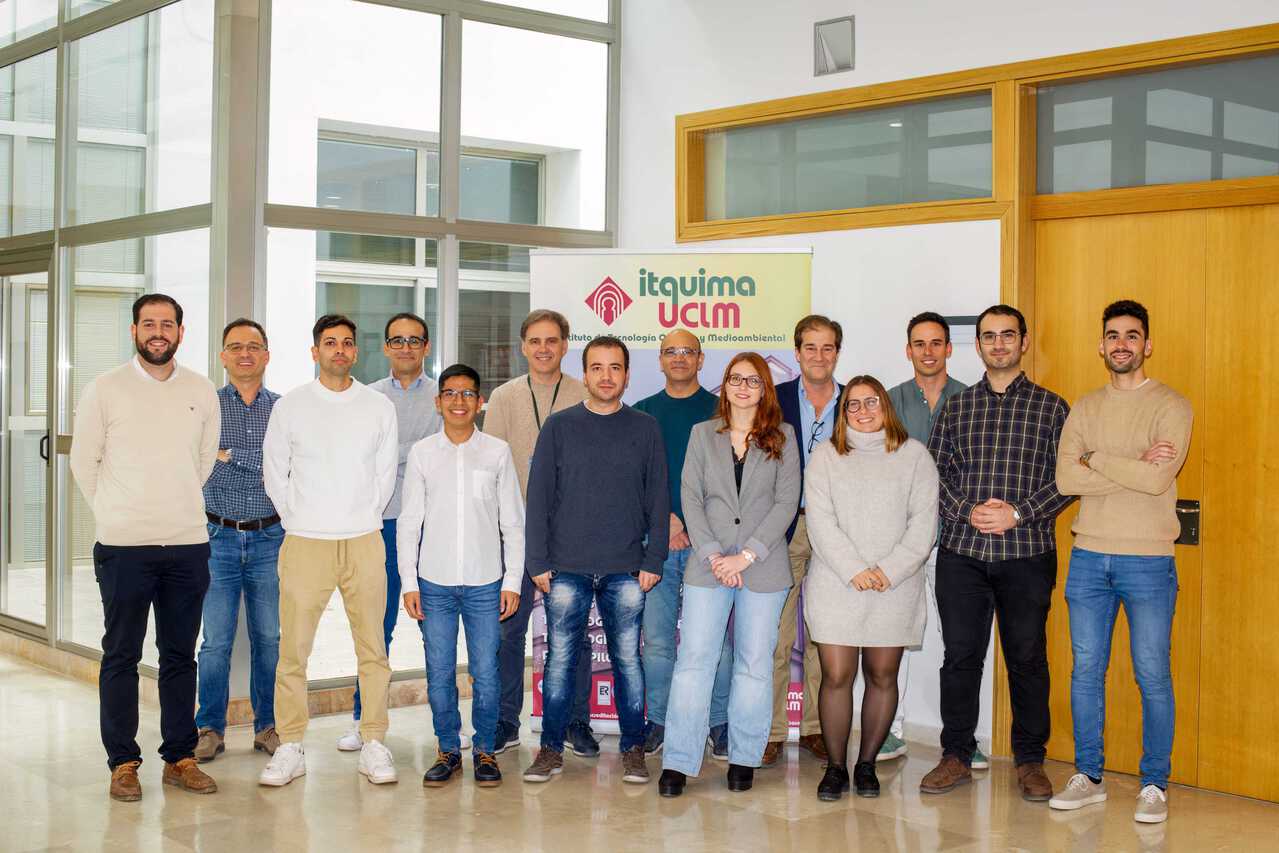
Research Lines
RECOVERY
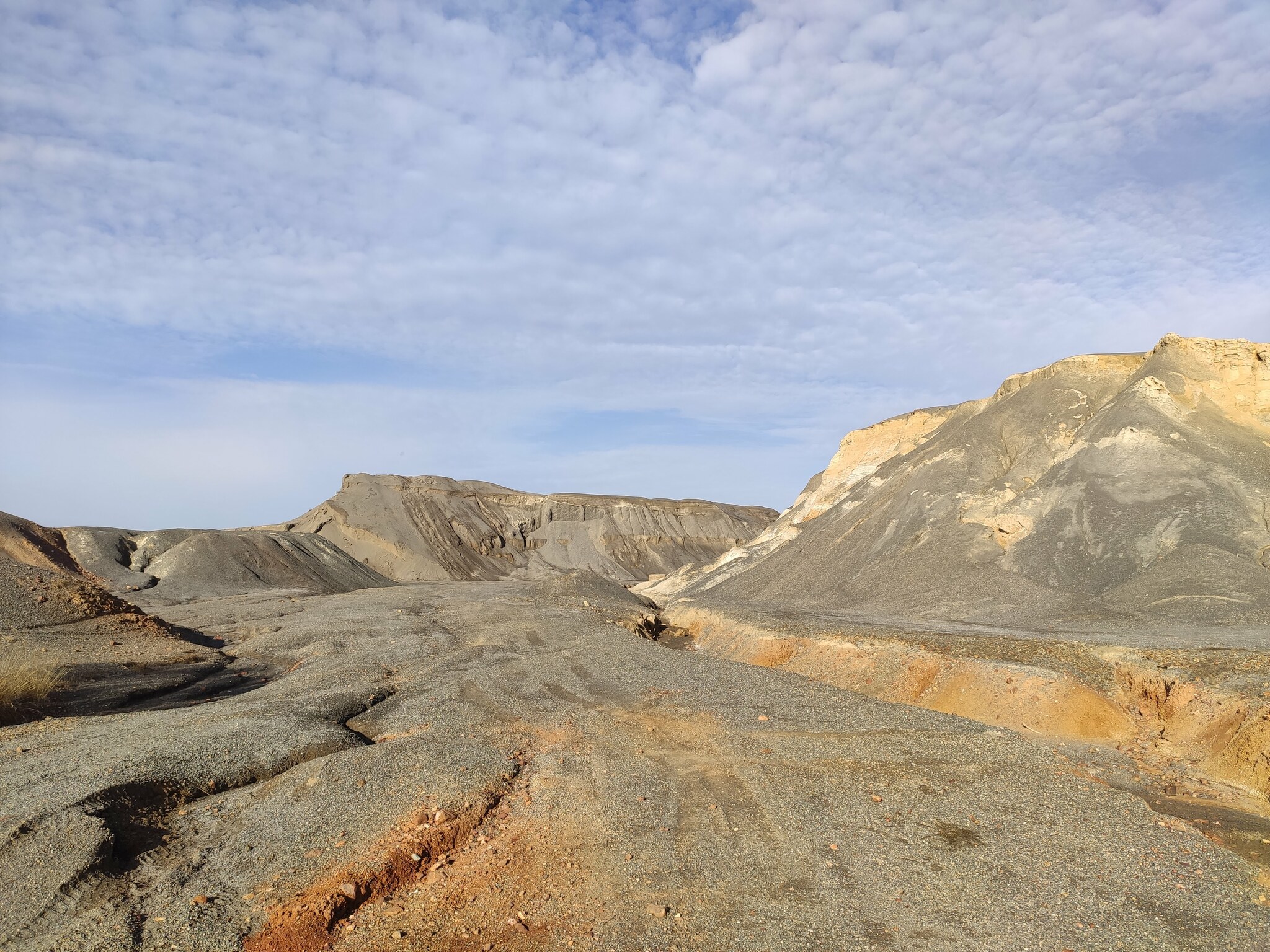
Bio-electrochemical technologies for resources recovery from metal mining waste
Characterization
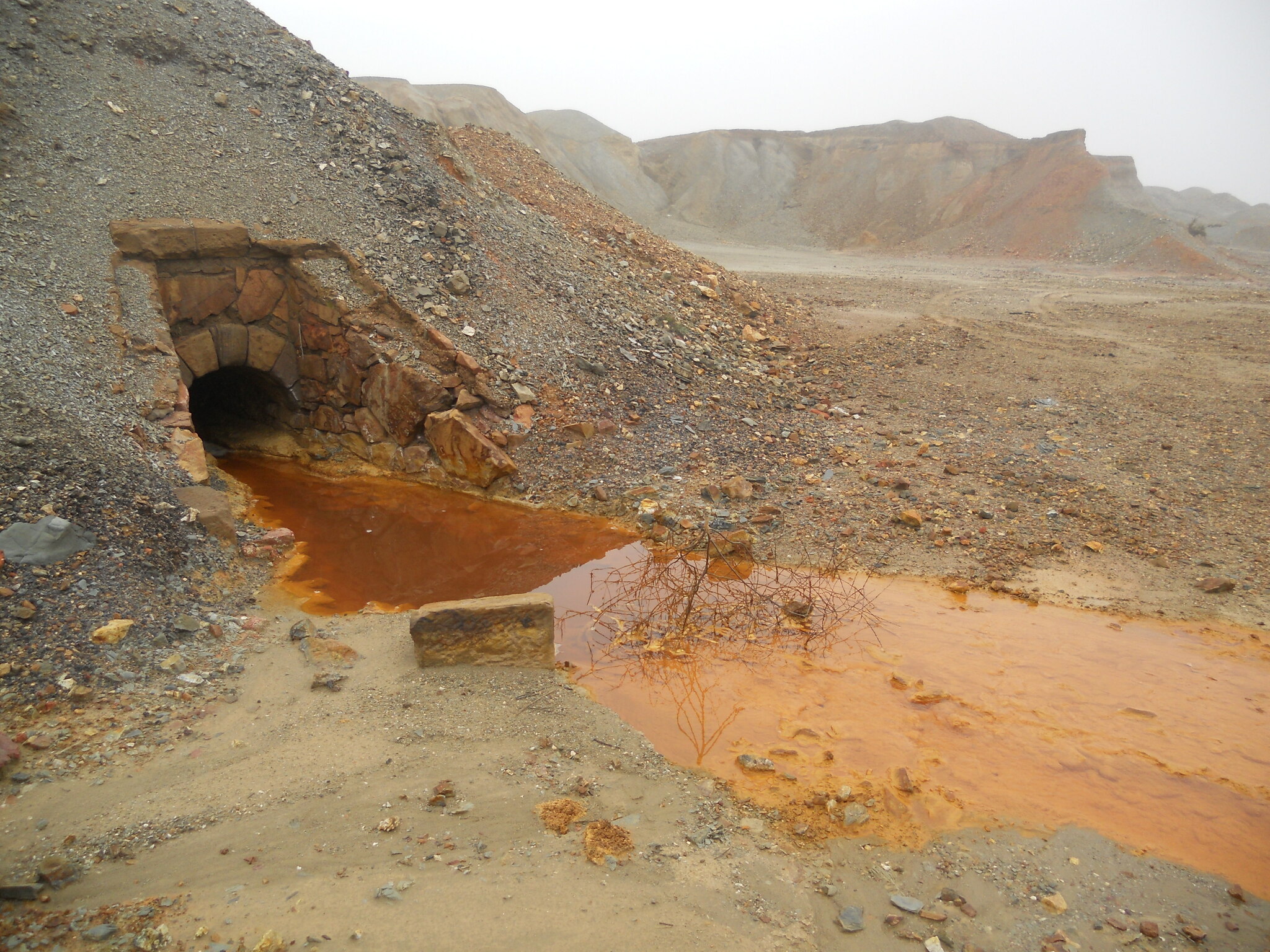
Characterization and environmental recovery of soils polluted by mining activities
Synthesis
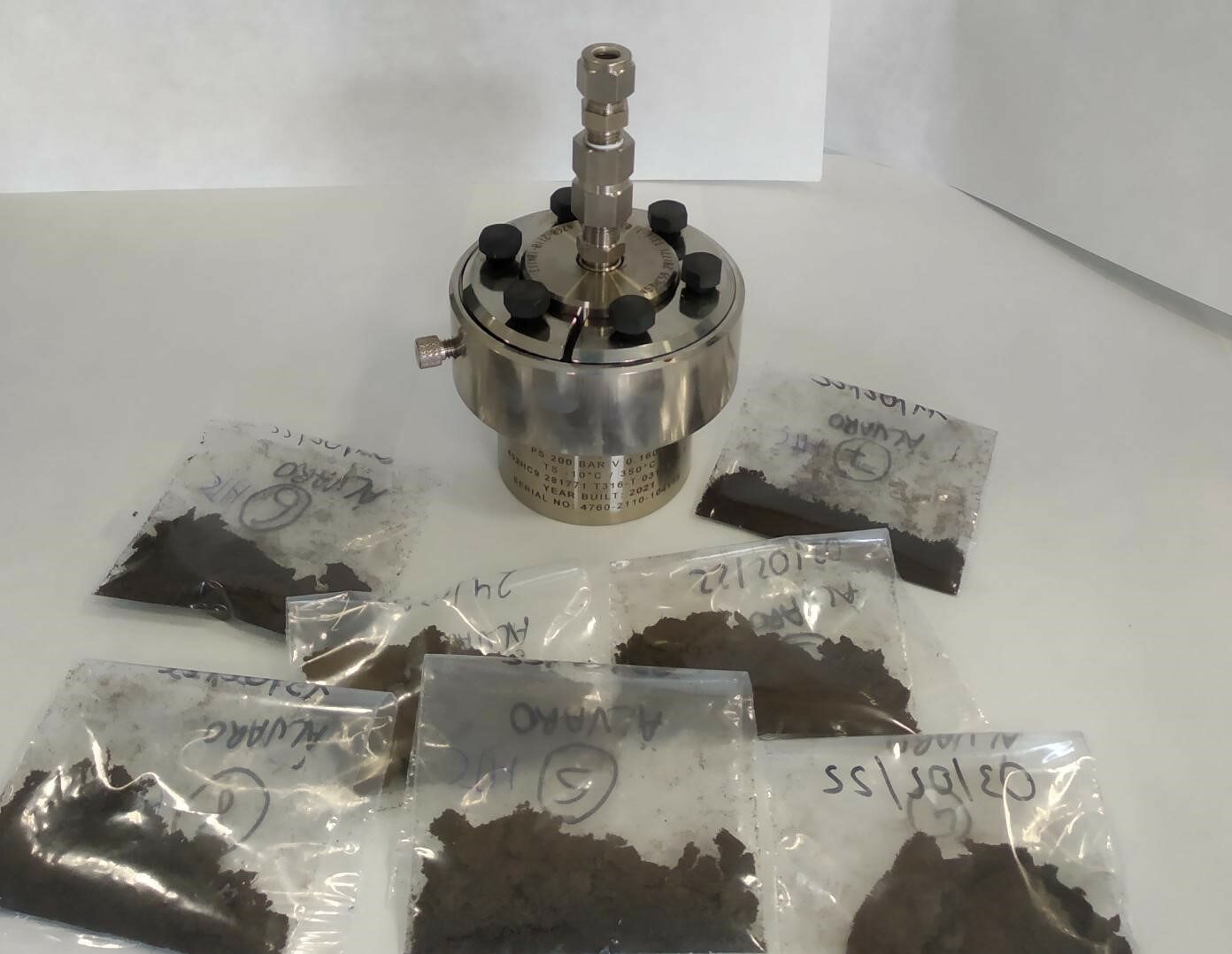
Valorization of plant waste biomass for the synthesis of materials used in electrochemical applications
Assistance for companies
We make all our experience and means available to the industry and organizations to tackle their environmental projects.
Learn about our capabilities and the collaborations we have with companies.
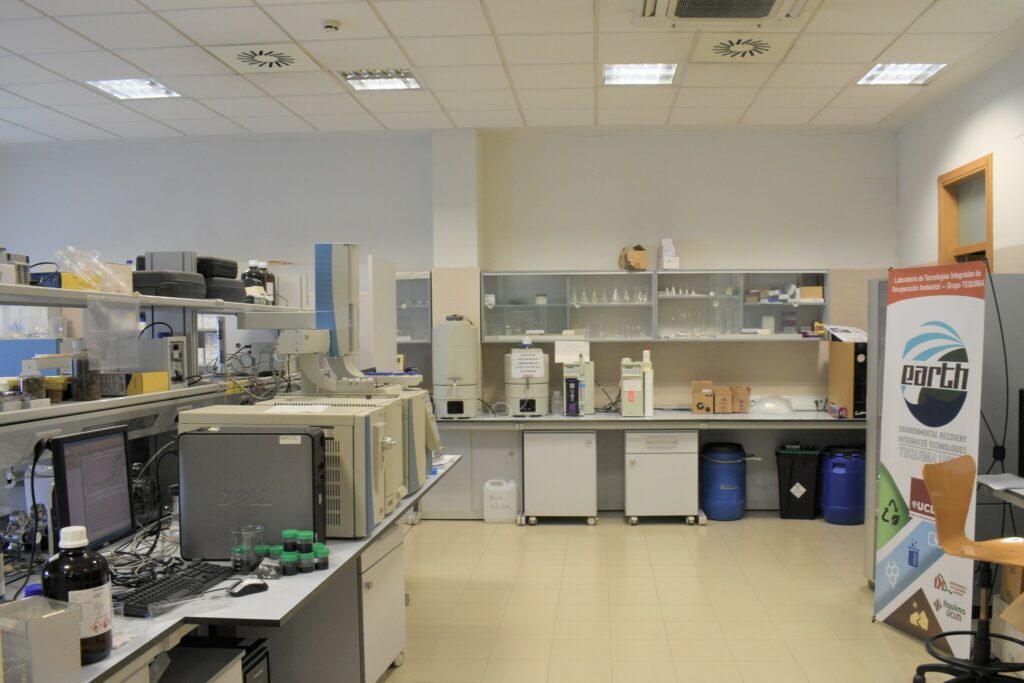
The EARTH Team in figures
20+
PhD trained
300+
Scientific publications
50
Research Projects
15+
Years of experience
Research Projects
E-BIORE2MIN Project
Coupling of new biological and electrochemical technologies for the recovery of resources from metal mine wastes. Project PID2019-107282RB-I00 funded by MCIN/AEI/10.13039/501100011033
Bio-electro MineR2
Rehabilitation of abandoned metal mining environments and resource recovery by bio-electrochemical technologies. Project SBPLY/180501/00254 granted by the Regional Goverment of Castilla-La Mancha
ALMA MATER
Revalorización de residuos Mineros para la producción electroquímica de especies de Alto valor añadido a partir de Materia vegetal contaminada
CENIT
Economía circular aplicada a procesos de tratamiento naturales para la recuperación ambiental: Generación de recursos a partir de biomasa residual contaminada (CENIT).
Recent Publications
HL Medina-Díaz, I Acosta, M Muñoz, FJ López-Bellido, J Villaseñor, J Llanos, Rodríguez L, FJ Fernández-Morales (2022). A classical modelling of abandoned mine tailings’ bioleaching by an autochtonous microbial culture. Journal of Environmental Management 323, 116251. doi:10.1016/j.envman.2022.116251
L Rodríguez L, B González-Corrochano, HL Medina-Díaz, FJ López-Bellido, FJ Fernández-Morales, J Alonso-Azcárate (2022). Does environmental risk really change in abandoned mining areas in the medium term when no control measures are taken? Chemosphere 291, 133129. doi:10.1016/j.chemosphere.2021.133129
L Rodríguez, V Sánchez, FJ López-Bellido (2022) Electrokinetic-assisted Phytoremediation. In: V.C. Pandey (Ed.) Assisted Phytoremediation, Elsevier, Amsterdam, pp. 371-398.
LF León-Fernandez, L Rodríguez, FJ Fernández-Morales and J Villaseñor (2021) Modelling of a bioelectrochemical system for metal-polluted wastewater treatment and sequential metal recovery. J Chem Technol Biotechnol 96: 2033–2041. DOI 10.1002/jctb.6733
